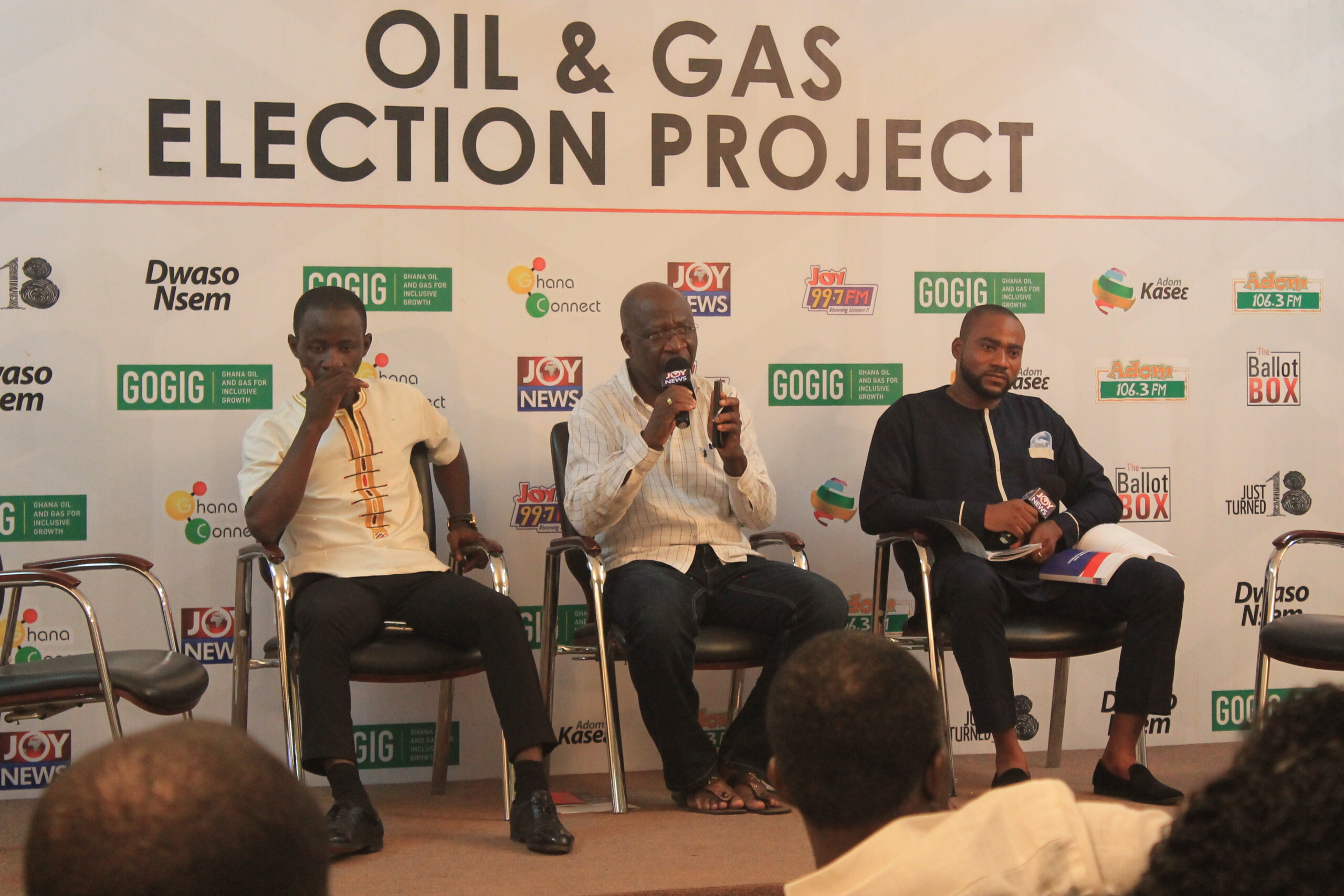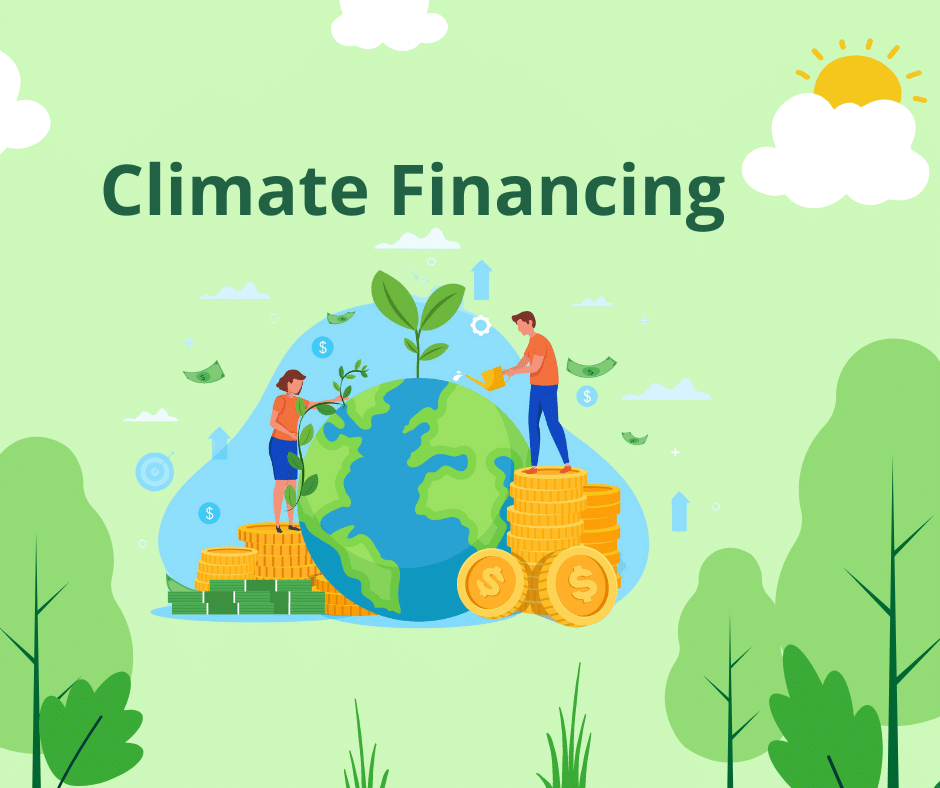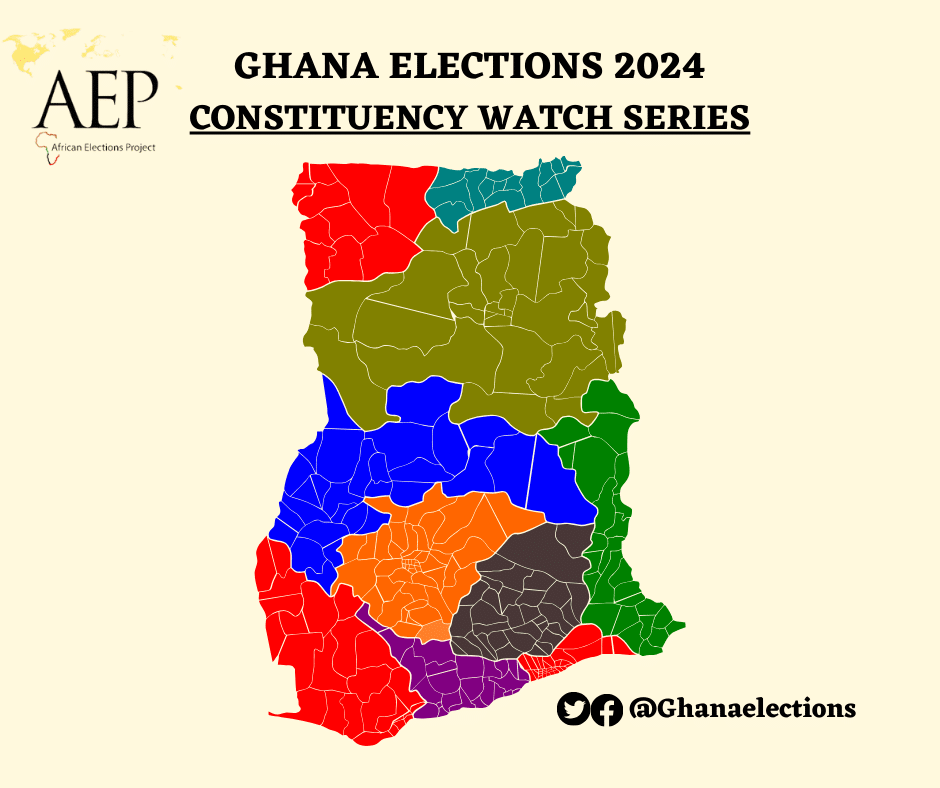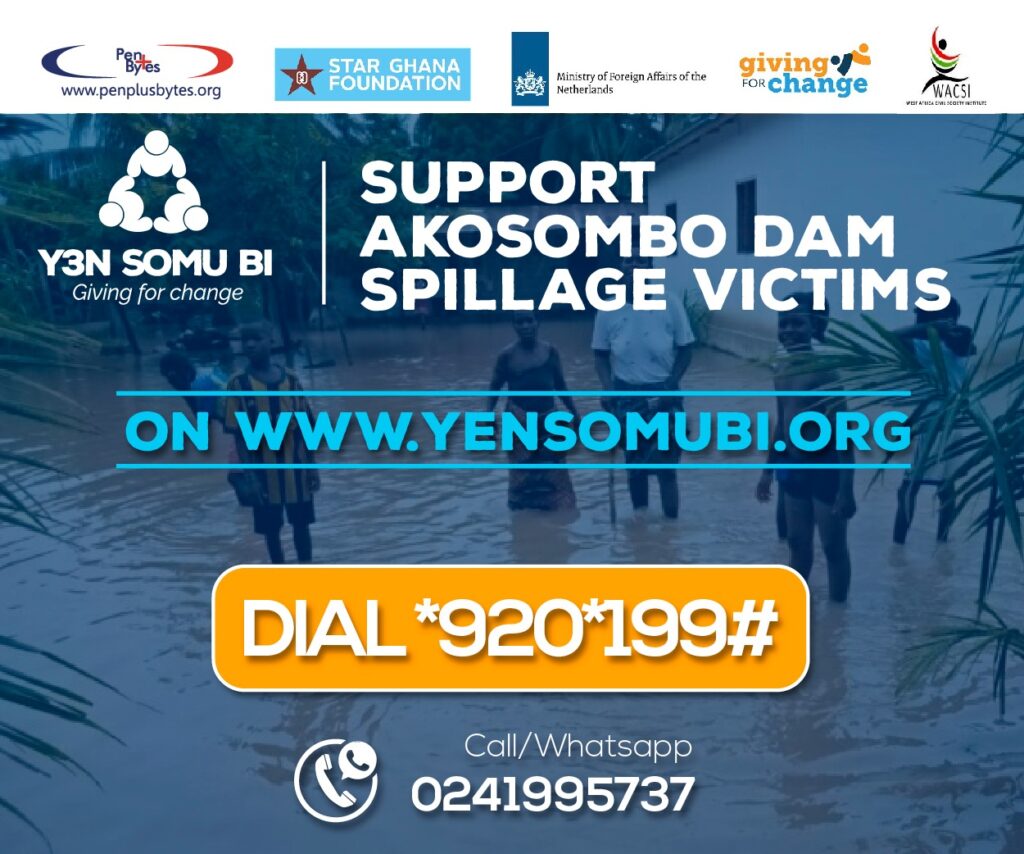To keep citizens informed and abreast with the policy positions and manifesto promises of the various political parties on oil and gas, Penplusbytes collaborated with the Multimedia’s “Ghana Connect” programme to outdoor the online “Voters Compass” for public use at the University of Professional Studies, Accra campus on Friday 14th October.
The Voters Compass shows electorates how their views align with those of political parties. Significant portions of the policy positions have been framed into questionnaires and statements which allow citizens to respond to. The responses are then analysed and compared with the policies of the parties to help them understand how they fit into the political landscape with regards to where they agree and disagree with each of the parties.
During the launch, representatives of the four political parties with parliamentary representation together with a cross section of the public also took turns at taking the quiz and were fascinated by the innovation.
The panel discussion that followed the launch focused on the statements on the Voters Compass which sought to seek clarity from the political parties on some of their policy interventions and manifesto promises.
The political parties were represented by Dr. William Ahadzi, Director of Research of the National Democratic Congress (NDC), Aziz Gomda, Deputy Director of communications of the Conventions Peoples party (CPP) and the New Patriotic Party was represented by a member of their communications team, Richard Asante Yeboah.
The reps answered questions from both the moderator and citizens ranging from fiscal responsibility, revenue management, legal and institutional arrangement to accountability of state owned enterprises in the oil and gas sector.
In his response, Dr. William Ahadzi said the NDC government is committed to transparency in the use of oil revenue in the country and is not deliberately denying the Public Interest and Accountability Committee (PIAC) funds for its operations because of its watchdog role.
According to him, the committee is facing the same financial challenges other state institutions go through yearly in the hands of government.
He added that the question of whether or not Ghana needs one more oil refinery should be on a demand driven basis.
On his part, Aziz Gomda of the CPP stated emphatically that should his party be given the mandate, “the CPP will empower PIAC to carry out its oversight role of ensuring accountability in the oil sector”
He was particular about the fact that the party intends to come up with laws to insulate state institutions in the extractive sector to make them more independent.
Richard Asante Yeboah of the NPP said his party’s policy position is to make sure that revenues from the oil fields are judiciously used for the purpose for which they are earmarked.
“The NPP will collaborate with the private sector to build a new refinery. In our quest to move to an industrialized country, the NPP will prioritize in these four areas (Agric, Health, Education and Infrastructure). These are the areas the chunk of the proceeds from oil will be invested.” He added
Programmes Director at Penplusbytes, Jerry Sam reiterated the need for the compass saying, “the overarching aim of the online compass is educate citizens on the various policy positions of the slected political parties, drive the electioneering campaign away from personalities to issues and offer an opportunity to the various political parties to develop and implement realistic oil and gas policies that will lead to an effective management of the sector for an inclusive economic growth and poverty reduction.”






